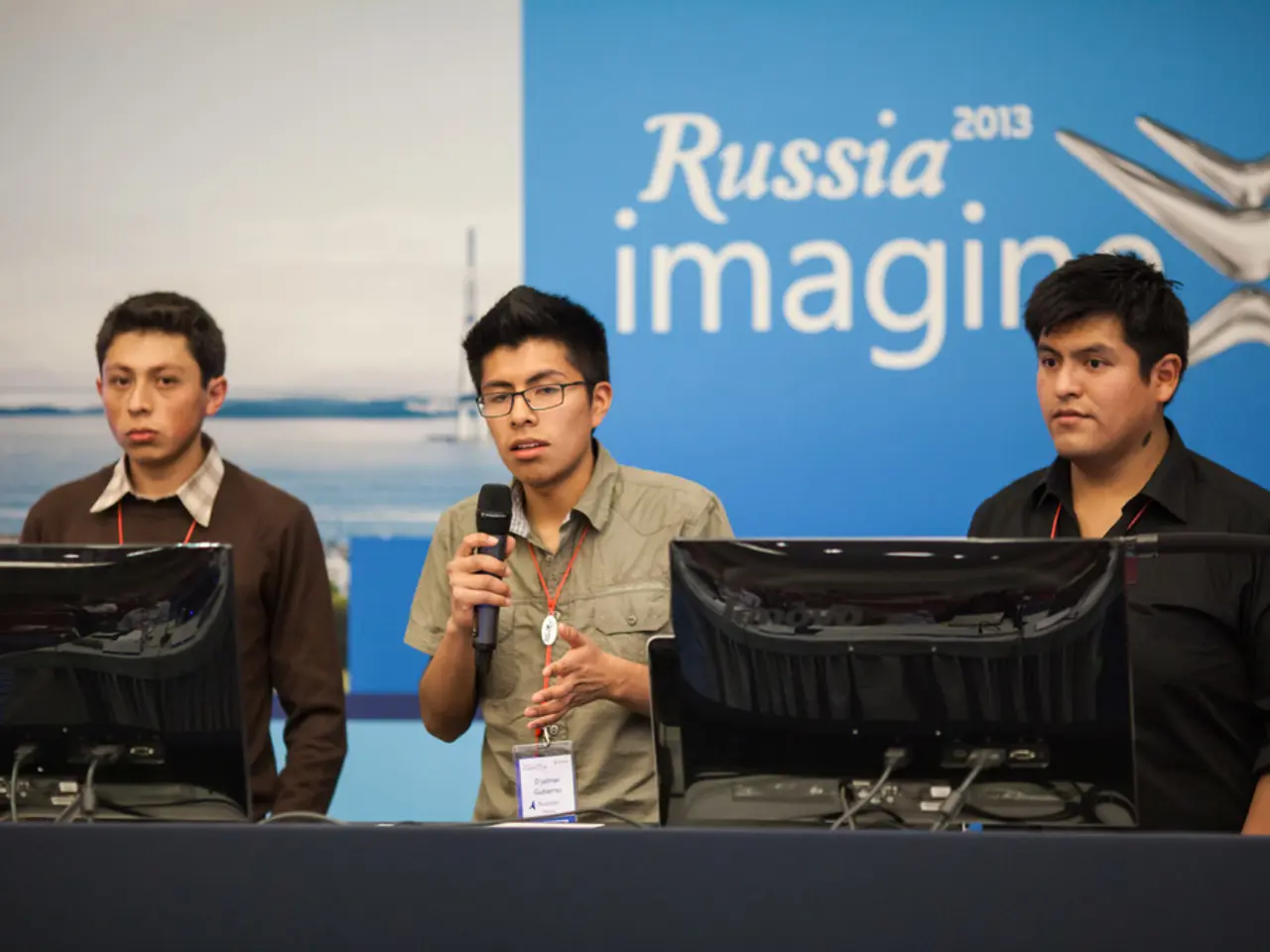Foreign student applicants in Turkey allegedly obtaining fraudulent international passports to gain admission into medical and law schools, according to various news accounts.
In Turkey, a growing concern has emerged as criminals employ sophisticated methods to bypass biometric security systems, including the use of deepfake images, silicone fingerprint molds, and 3D masks [1]. These tactics are often used to commit fraud, such as enrolling in universities using fake foreign passports that exploit biometric checks.
To counter these threats, experts advocate the use of NFC-based biometric systems and advanced facial recognition technologies, which currently reduce fraud rates by up to 80% [1]. However, the key defenses go beyond technology alone; trained personnel and international cooperation are critical in detecting and preventing these sophisticated fraud attempts.
The illegal issuance of ID cards and passports has been uncovered in a major scandal in Kilis [2]. At least 22 maroon and gray passports and 8 ID cards were illegally issued at the Kilis Registry Office. A media report revealed a case where a Syrian national, under temporary protection status, obtained an ID using a Turkish citizen's information in Kilis, paying $25,000 for the transaction [2].
The scheme to obtain fake passports for university admission was aimed at private foundation universities, as it is prohibited at state universities [3]. The investigation expanded after two Uzbekistan nationals were caught at Kilis Bus Terminal on Dec. 27, 2021 [4]. Phone records revealed contacts with Kilis Central District Registry Director M. B., Data Preparation and Control Operator V.K., and office personnel M.A. [5].
Suspects in the case provided fingerprints at Kilis Registry Office for money, with Tarik Avci and Murat Avci acting as intermediaries [5]. RFID (Radio Frequency Identification) chips are being copied and rewritten, making altered passports almost indistinguishable from authentic ones [1]. According to the Turkish Penal Code, forging or altering official documents like passports can result in imprisonment ranging from 2 to 8 years [6].
To combat this issue, ongoing measures include continuous updating of multi-layered security protocols as biometric passport markets and related technologies evolve rapidly [1]. Legal experts also urge updates to legislation addressing artificial intelligence-driven identity fakes and biometric cloning [1]. Additionally, real-time verification systems, database security, and international data sharing at border crossings are emphasized as crucial [7].
Forensic IT expert Dr. Ali Murat Kirik stated that international cooperation is essential to reduce fraud in biometric systems [5]. Legal expert Emine Aslan noted that current laws cover digital forgery but fall short with new methods like copying biometric data or using artificial intelligence to create fake identities [3].
As Turkey combats these sophisticated biometric fraud attempts, it is clear that a multi-faceted approach, combining advanced technology, personnel training, and international collaboration, will be key to maintaining the integrity of its biometric systems and securing its citizens' identities.
References:
- BBC News
- Hurriyet Daily News
- Anadolu Agency
- Daily Sabah
- Anadolu Agency
- Turkish Penal Code
- Hurriyet Daily News
- The illegally obtained passports and ID cards in Kilis, Turkey, were used for enrolling in universities, bypassing biometric checks and exploiting the system, as revealed in a scandal [2].
- The Turkish government is taking ongoing measures to combat biometric fraud, including updating security protocols, enhancing database security, and promoting international data sharing at border crossings [1, 7].
- Legal experts are calling for updates to the legislation addressing artificial intelligence-driven identity fakes and biometric cloning, as current laws fall short in addressing new methods of fraud [1, 3].
- Turkey's finance and technology sectors are urged to collaborate with general news, education-and-self-development, and crime-and-justice sectors to address the growing biometric security concerns [based on the context and implicit discussion about these topics in the text].




